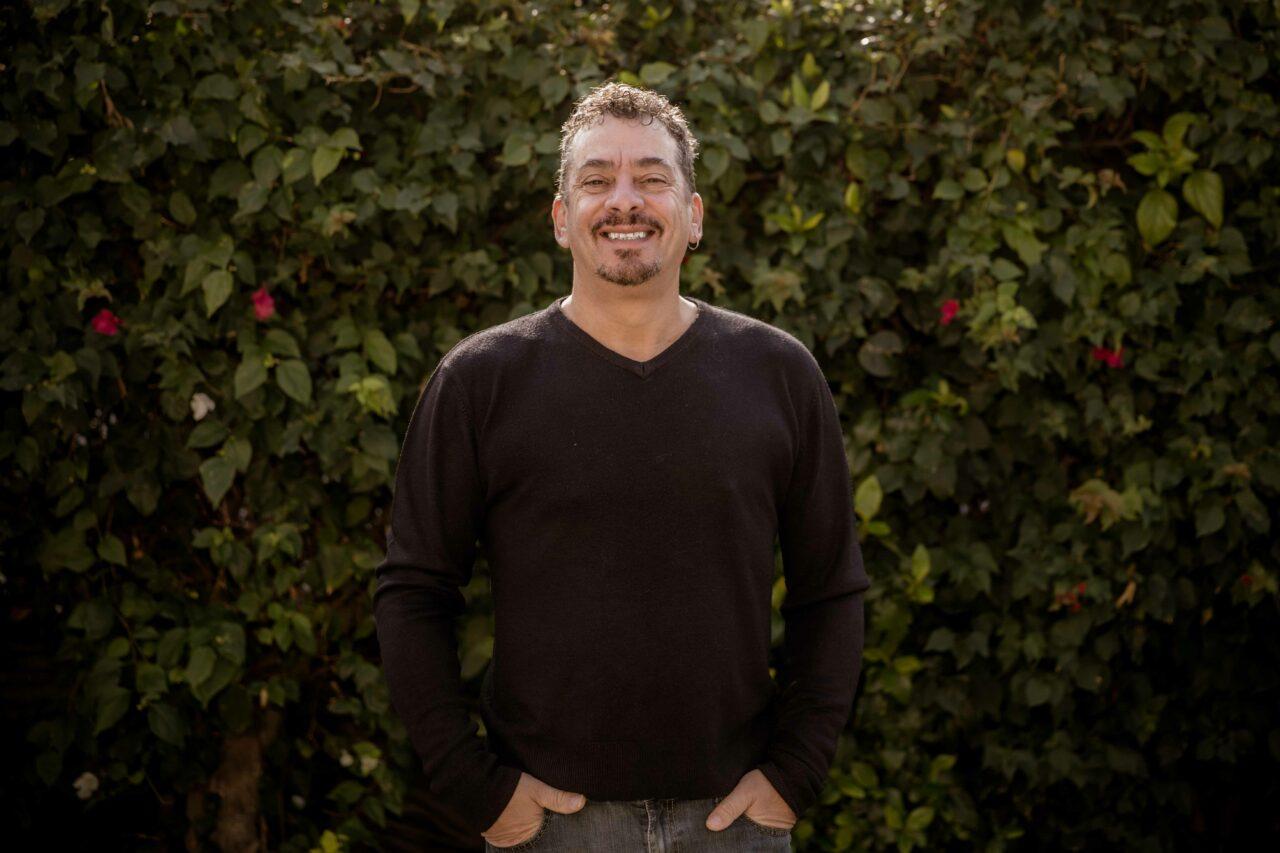Asking for help is a sign of strength.
If you are looking for guidance with anxiety, fears, depression, or trauma and ptsd, it takes courage to ask for help. Admitting you can’t do everything on your own, is the first step toward achieving wellness in a fast paced, demanding world.
The good news is, asking for help gets easier with a little practice. The way in which we cope in the world is greatly influenced by how we see the world. Asking for help, and obtaining a fresh perspective is often the first and most profound step toward developing the mental muscle needed to become stronger. The more support you gain, the better equipped you will be to take on bigger challenges and achieve more successes.
Click here to visit the main site
Please contact me to schedule a free initial consultation.
03300223715 | Send Email
I look forward to helping you make the first step toward your well being.
The Benefits of Therapy

Psychotherapy can be an effective tool in providing you with the necessary support and training to overcome the challenges you face. By seeking therapy, you are taking responsibility and action to change what no longer works in your life. Many studies have shown throughout the years that psychotherapy is an effective form of treating and managing mental illnesses and other emotional disorders.
As an experienced counselor/therapist, it is my honor to assist you in exploring your core issues and move toward a healthy, fulfilling life. Utilizing a variety of approaches including Cognitive/Cognitive-Behavioral, Dialectical Behavior Therapy, Family Systems, Integrative, Psychoanalytic, Psychodynamic, Solution-Focused Brief Therapy, I will work with you to create a treatment plan that is customized to meet your unique circumstances.
With honesty and compassion I will work with you to create an open channel of communication. The goal of our therapy sessions together, will be to help you develop the mental fortitude needed to lead a successful life. Additionally, we will work on the skill of self-compassion, which will allow you to move more easily through difficult times in the future, as wells as become a more productive and happier person.
“Your present circumstances don’t determine where you can go; they merely determine where you start.”
– Nido Qubein

